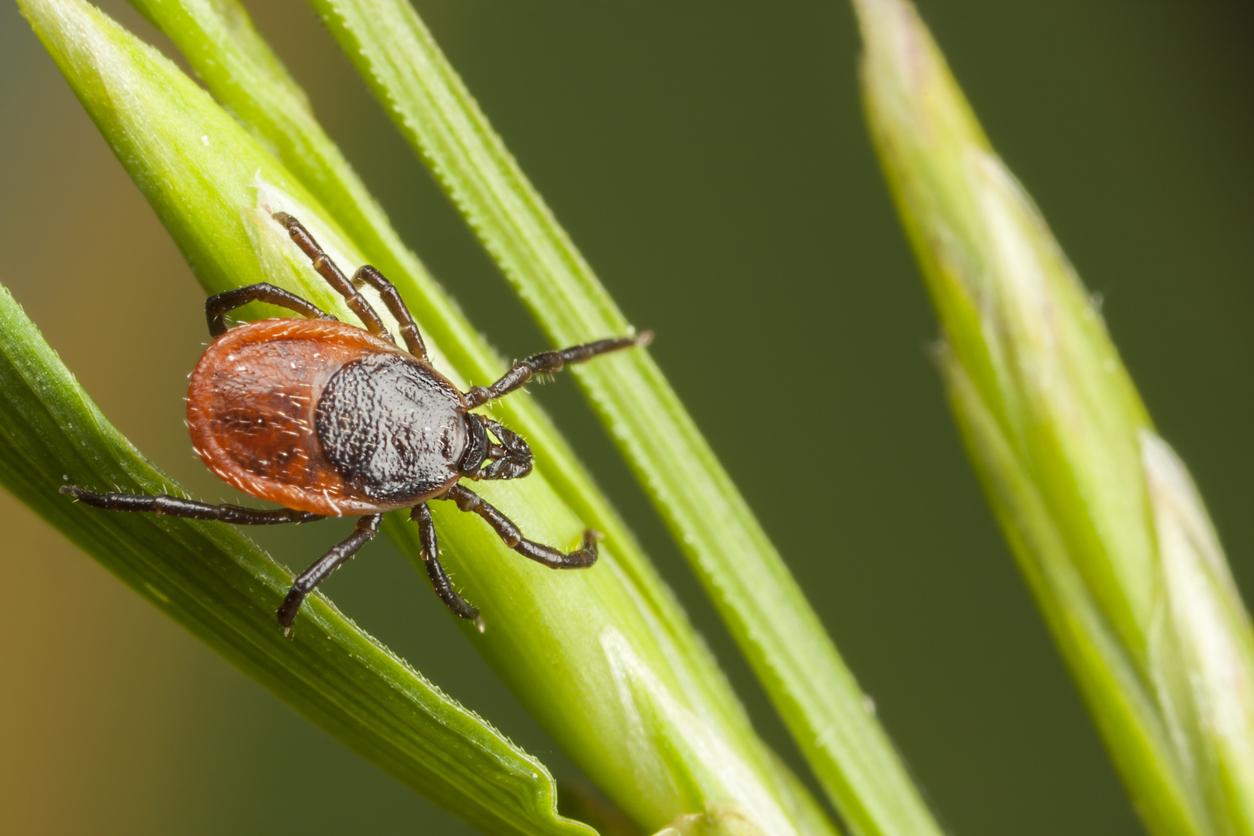Researchers have observed that people carrying three mutations in the SCN9A gene may be more vulnerable to pain.

- Sensitivity to pain is a subjective phenomenon, which varies depending on individuals and their emotional, socio-cultural or religious environment.
- Carrying three variants, inherited from Neanderthals, of the SCN9A gene could influence our perception of pain.
- People carrying all three of these genetic variants had greater sensitivity to pain compared to individuals carrying just one variant.
The perception of pain varies depending on the individual. Some people cope very well with a major injury while others suffer terribly from a minor shock. As explained the National Institute of Health and Medical Research (Inserm)the feeling of pain is “a very subjective phenomenon which can be extremely different depending on individuals, but also within the same person, depending on their environment. The emotional, socio-cultural, ethnological or religious context can largely modulate the perception of pain.”
According to an international study published in Communications Biologypeople carrying three variants of the SCN9A gene, inherited from Neanderthals, may also be more sensitive to pain.
Pain sensitivity: three SCN9A gene mutations involved
This new research was carried out by scientists from University College London (UK), Aix-Marseille University, University of Toulouse, Open University, Fudan University and the University of Oxford. For the purposes of this work, the international team examined data from 5,971 people from Brazil, Chile, Colombia, Mexico and Peru, in order to analyze the genomic region comprising the SCN9A gene.
The SCN9A gene is involved in controlling the body’s response to pain. The amplification or attenuation of pain therefore depends on the mutation carried by an individual. During their experiments, the researchers observed that the D1908G variant of the gene was present in approximately 20% of the chromosomes in the population studied. They also found that almost 30% of chromosomes carrying this variant also had the M932L and V991L variants.
“Variation in our genetic code can modify our perception of pain”
Participants with three variants had a lower pain threshold in response to skin prick after prior exposure to mustard oil. However, this was not the case after exposure to heat or pressure. The researchers also noted that carrying all three mutations was associated with greater sensitivity to pain than carrying just one variant.
Based on the findings, all three Neanderthal variants were more common in populations that had higher proportions of Native American ancestry, such as the Peruvian population. Past interbreeding with Neanderthals therefore has an influence on the genetics of modern humans, the researchers said. “We have shown how variation in our genetic code can change our perception of pain, including genes that modern humans acquired from Neanderthals. But genes are only one of many factors, including environment, l ‘past experience and psychological factors, which influence pain’, noted Dr. Pierre Faux of Aix-Marseille University and the University of Toulouse.


















